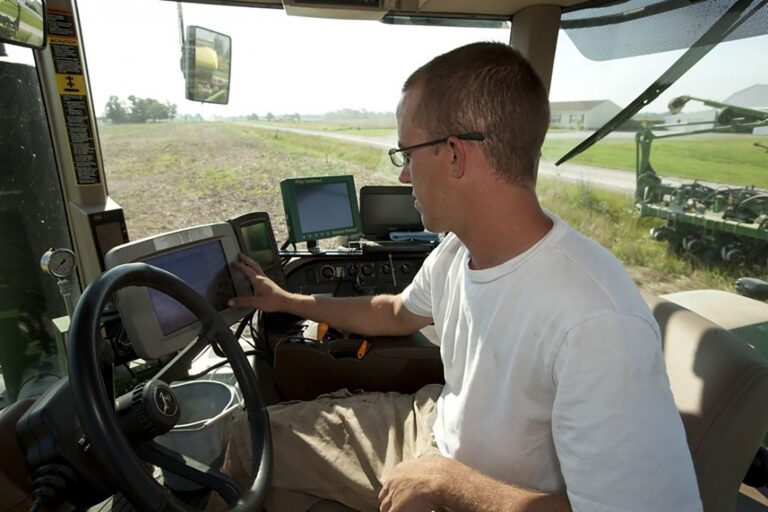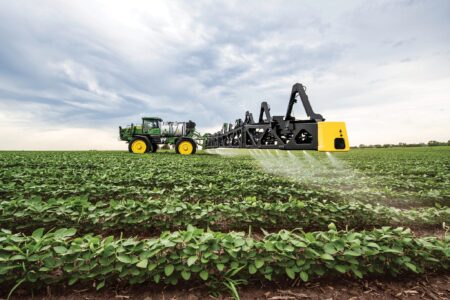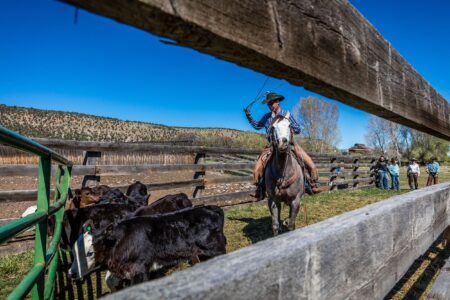Working full-time outside of agriculture while also advocating for the industry can sometimes feel a bit disjointed. On the one hand, I’m trying to tell everyone our farms are sustainable, innovative, and modern. But the rest of the world seems deadset on believing that agriculture is the root cause of every environmental crisis. I’m sure I’m not alone in experiencing this disconnect.
Quite frankly, I can’t think of another industry that’s made such dramatic progress on sustainability over the last century (just look at dairy producers and cotton farming as two quick examples). Yet no matter how much we improve, it’s never enough.
We can always rely on The Environmental Working Group as a shining example of the disproportionate criticism fed to the public sectors. It recently released an analysis claiming that fertilizing continuous corn is driving excessive nitrous oxide emissions. It concludes that applying nitrogen is a “major driver of greenhouse gas emissions” that threatens our drinking water and drives up agriculture-related emissions. The solution? Farmers need to adopt “regenerative” practices that will result in the reduction of emissions equivalent to taking 850,000 cars off the roads.
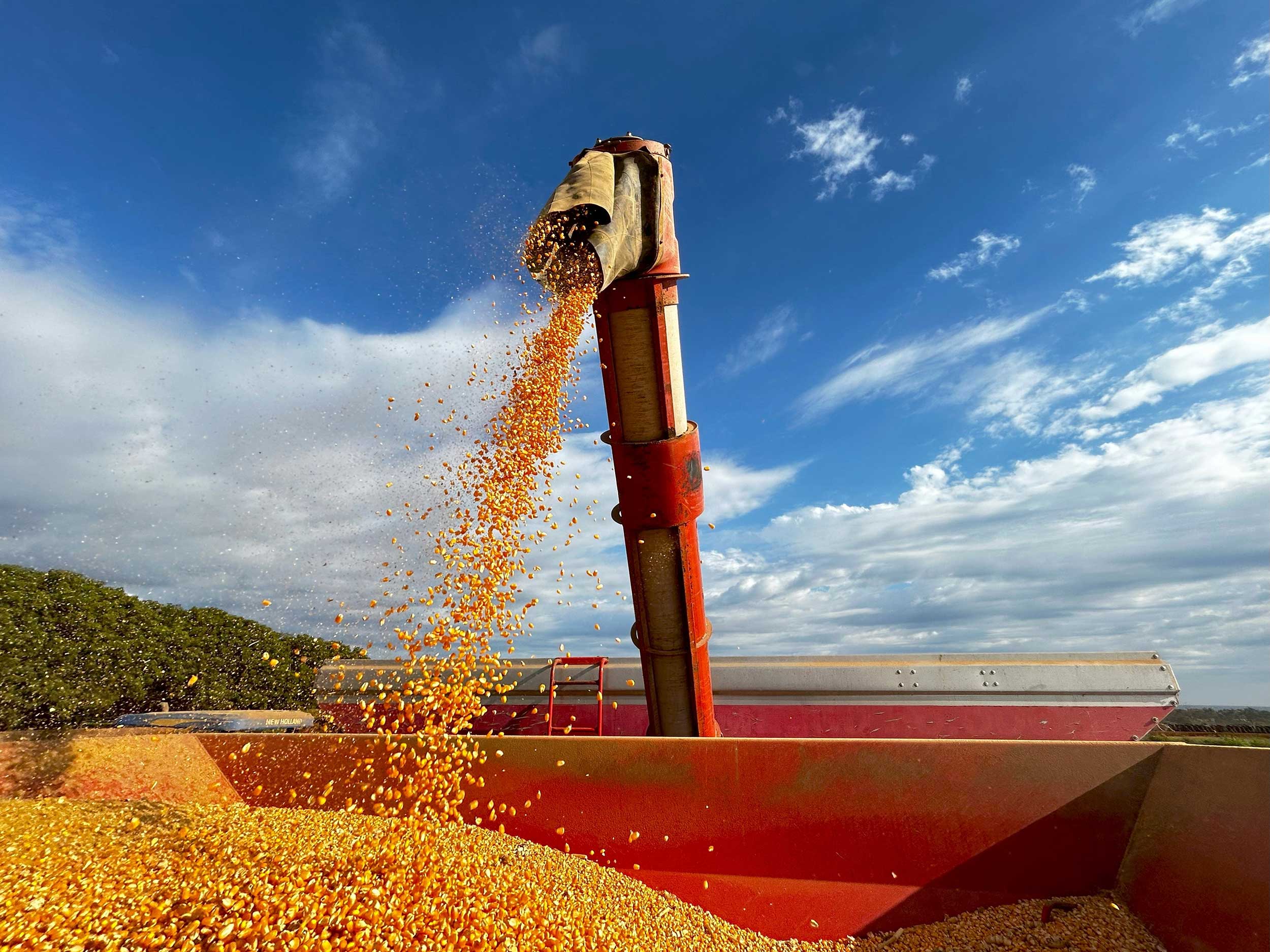
But this framing leaves out a lot of context. Continuous corn is far from universal. An overwhelming majority of U.S. farmers rotate that crop with soybeans or wheat, which naturally reduces the need for synthetic fertilizer and break pest and disease cycles. (For a sense of scale, EWG states that 15 million acres in the U.S. are in continuous corn, compared with roughly 220 million acres planted with corn/soybeans/wheat this growing season).
And while there are certainly farmers who overapply fertilizer, most don’t. Fertilizer prices have skyrocketed, driving farmers to decrease its use, when possible and adopting best practices, when necessary. And corn can only benefit so much from nitrogen before its use just becomes wasteful.
Most importantly in this discussion, the EWG shifts the burden of climate change solely to farmers. Transportation accounts for 28 percent of greenhouse gas emissions in the United States — an impact almost three times that of agriculture. Why aren’t we telling the automobile companies they need to reduce their impact in a way that equates to taking 850,000 vehicles off the road? Surely they could do a little more.
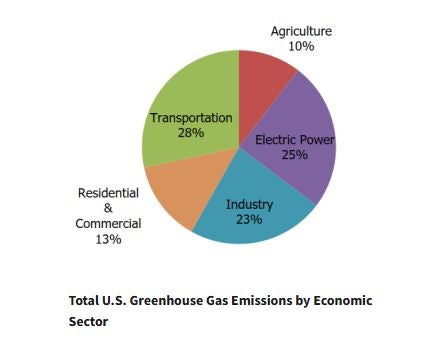

But what’s more infuriating is when some of our best conservation tools are themselves criticized. The HEAL Food Alliance inexplicably released a report arguing that precision agriculture — which utilizes farmland-sustaining technologies like GPS guidance, soil sensors, and drones — is a false solution to climate change. Their report suggests the benefits are overstated and that precision tools mainly help agribusiness profits.
Their suggestion? We should instead embrace organic agriculture, small-scale farms, and barring larger producers from government support. Tell me you don’t understand economies of scale, efficiency, and profit margins without telling me you don’t understand those things.
The report’s premise is simply not true, and we have quantified evidence to prove it. Precision ag has allowed farmers to use less fertilizer, apply fewer pesticides, and burn less fuel — all while maintaining and increasing yields. It might not fit the narrative about sCaRy BiG aG, but that doesn’t change the facts. These innovations (which have actually also been implemented on small-scale operations to streamline production and decrease cost, labor, and inefficiencies) are one of the reasons we’ve been able to make sustainability strives over the last century.
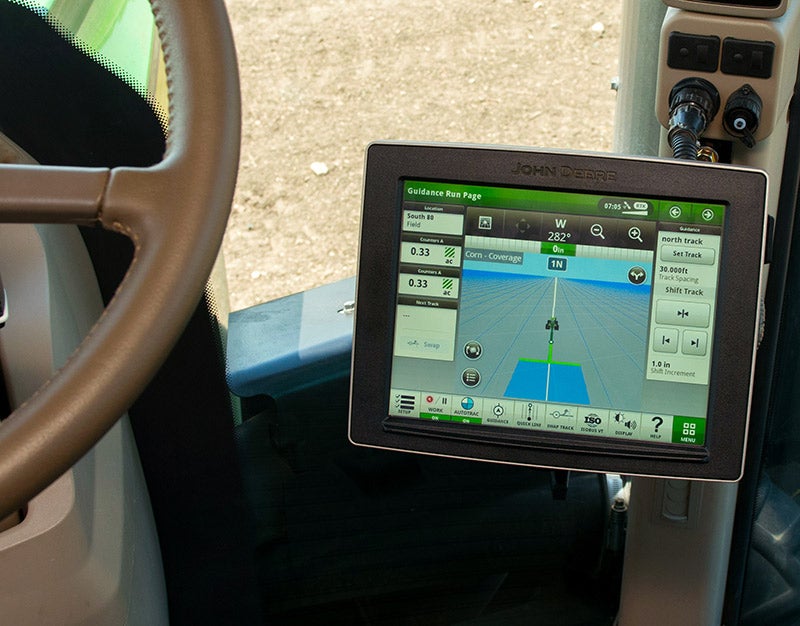

Unbelievably, and despite all of the criticism, we’re also supposed to be outraged that climate reporting doesn’t blame agriculture enough. According to a report from Sentient Media, we need even more reporting about how “bad” animal agriculture is for climate change.
Seriously? Activists have long maligned animal agriculture as the worst source of climate emissions. If only we give up our meat and dairy the world will be saved! Well, not really.
According to the United Nations, generating power is the largest source of greenhouse gas emissions — far more than producing food. Why don’t we start the climate solutions by focusing on reducing our consumption and supporting renewable sources before coming after farmers? Or, let’s stop cutting down the forests that absorb CO2 (ironically, by using modern tech to make the farms we already have more productive!).
Why does agriculture always end up as the scapegoat?
The uncomfortable truth is that food production is easy to criticize and hard to replace. People can live without a new smart phone or fast fashion, but not without breakfast, lunch, and dinner. Farmers provide something society literally can’t live without, yet American family farmers are treated as if our work is optional. Feeding people will, most likely, always come at some kind of environmental cost, but that doesn’t mean it needs to stop.
Agriculture has made enormous strides through science, innovation, and modern practices, and we keep improving every year. But instead of recognizing and celebrating that progress, well-funded radical groups continue to push agendas that have more to do with control and ideology than with real results.
The truth is simple: Farmers have upped their game. Maybe it’s time the critics did, too.
Amanda Zaluckyj blogs under the name The Farmer’s Daughter USA. Her goal is to promote farmers and tackle the misinformation swirling around the U.S. food industry.


:max_bytes(150000):strip_icc()/54778662706_5ab262825b_o-68d3addad1aa4d36911c1d80274538a9.jpg)
:max_bytes(150000):strip_icc()/Lee-Lubbers-washing-equipment-in-the-farm-yard-IMG_2130-333a5a401e3048a8bcb1727d316d6ee0.jpg)
:max_bytes(150000):strip_icc()/8293232288_8da55cc72e_o-b324a9331b0a48b487dd867154d53c50.jpg)


